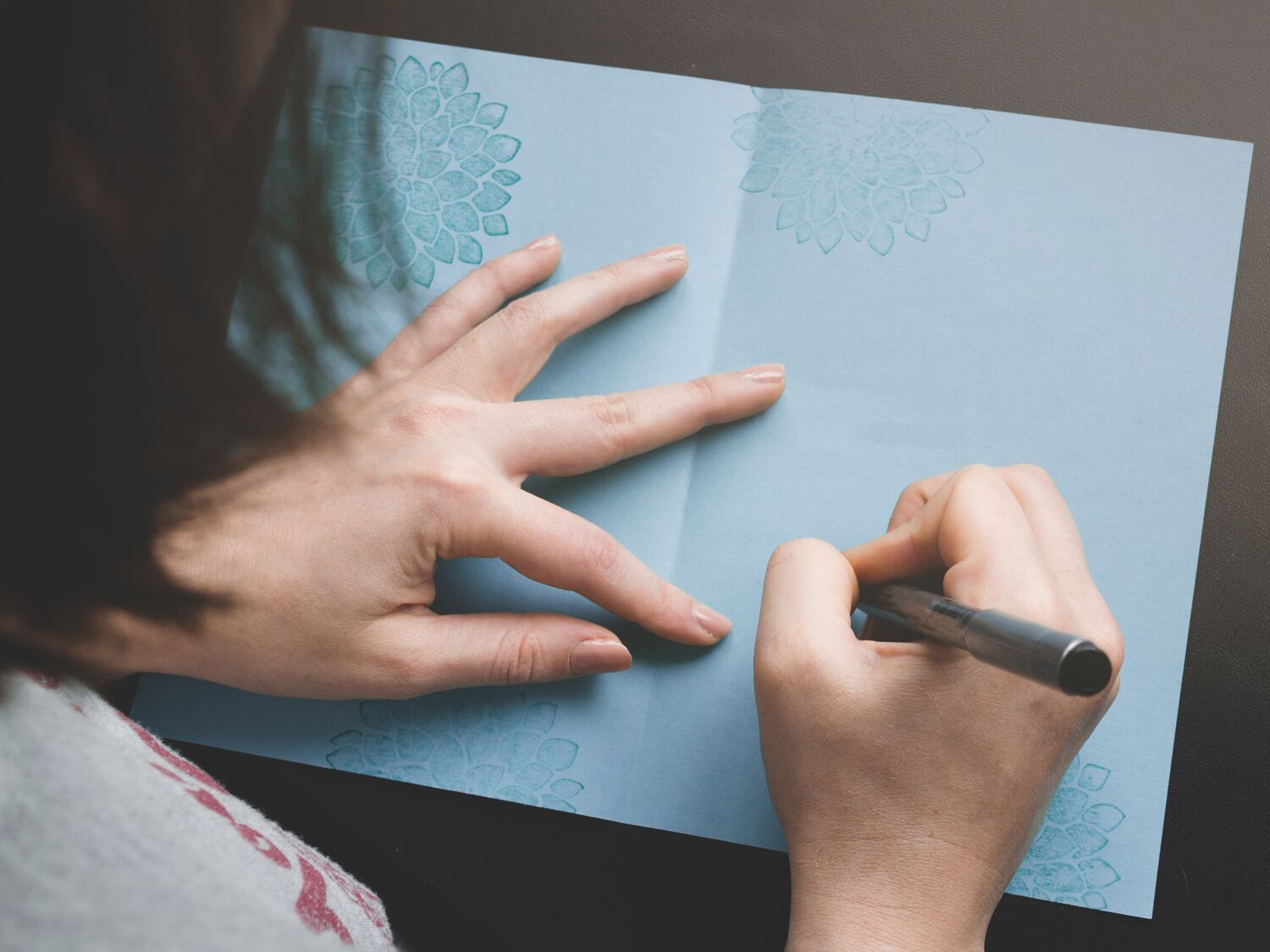But Seriously: Does Marriage Counseling Actually Work?

There isn't a married couple out there who hasn't faced their own share of relationship challenges. (Psst: If they say they haven't, they probably aren't telling the truth.) Maybe you and your partner have been considering seeking outside help yourselves. But does marriage counseling work, for real?
No lie: Marriage counseling can—and often does—work when utilized correctly. It's your approach to seeking and receiving marriage counseling that can make all the difference.
To learn how to make the best of marriage counseling, we spoke with Rachel M. Rengifo, Ph.D., a licensed clinical psychologist in New Jersey and New York. Here she shares her answer to the question of does marriage counseling work, along with her tips for marriage counseling success.
So, Does Marriage Counseling Actually Work?
Ask anyone who has been through it and you'll likely get two responses: yes and no. That's because the marriage counseling process is highly personalized and no two marriages, marriage counselors or marriage counseling journeys are the same. That's why it's important to look to the facts.
Marriage Counseling Stats
According to the numbers, marriage counseling does, in fact, work. In a recent study performed by the American Association for Marriage and Family Therapy, 90% of clients reported an improvement in their emotional health, and over three-fourths of those receiving marital, couples or family therapy reported an improvement in their relationship.
The Journal of Marital & Family Therapy also reports that 70% of couples in therapy experience a positive impact from marriage counseling. But of course, its success depends on factors that include you, your partner, your commitment and communication and the form of therapy or counseling being utilized.
When Marriage Counseling Can Work
According to Rachel M. Rengifo, Ph.D., every couple could benefit from marriage counseling at some point in their relationship. "Marriage can be hard and it is natural for it to bring up many complicated feelings," she explains. "A marriage counselor will help couples identify areas to focus on and teach the strategies and coping skills needed."
Along with its various benefits, like healing from trauma and improving trust and intimacy, "Therapy allows couples to learn to listen to each other non-defensively," says Rengifo. "It also helps couples learn to communicate in new ways that decrease things like passive aggressiveness, yelling, gaslighting or avoidance."
"I really believe that couples therapy can be the greatest act of love a couple can do for one another," Rengifo says.
8 Tips for Marriage Counseling Success
As with anything new, insight and thoughtful advice can help you prepare for the journey. Get a jump-start on the work ahead with these expert-approved tips for marriage counseling.
1. Be Vulnerable and Honest
While it's natural to be nervous, "Therapy outcomes are dependent on what you put in and how willing you are to be vulnerable and do the work," says Rengifo. "You don't have to be 100% sold on therapy to begin, but you do need to be willing to do the work and be honest during the treatment."



2. It Takes Two
You both have to be in it to win it, so to speak. Ensuring you tackle marriage counseling as a team, with a vested interest in learning more about and improving your relationship, is vital. If only one part of the partnership is verbalizing what they want and need, you likely won't have the results you are hoping for.
3. Ensure You're Using a Vetted Professional
Do your homework before signing on with a marriage counselor. Read reviews, find out pricing, compare credentials and find someone who both you and your partner are comfortable with seeing. "Make sure your therapist works with couples and has training in couples counseling," Renfigo says. "It is important to make sure your couples therapist has the training and experience you need so that you can work towards your goals."
4. Face Challenge Head-On
Renfigo says that when you are facing marriage challenges, it's important to not ignore problems or hope they'll will go away on their own. "Often when couples ignore painful experiences, resentment can ensue," she explains. "Facing a challenge sooner rather than later allows couples to do the work they need to to protect their marriage."
5. Commit and Make Space
Marriage counseling can (and should) take up some meaningful space in your life, so make sure you treat it as a priority. Add all sessions to your calendar ahead of time—and don't just pencil them in. Commitment is aligned with success, and showing up is half the battle.
6. It's Okay To "Shop" For Providers
If you've recently begun working with a counselor or therapist and are having hesitations that they might not be the best for you, talk it out with your partner. Maybe you need a few more sessions to really feel them out and find your vibe—or maybe there is someone out there who is a better fit. It's important to find someone you and your partner click with, so you can work towards your best future together.
7. Do the Work
You might get "homework" from your marriage counselor and it may feel like a chore at first. After all, life is hectic and you're already making time for counseling—now you have to do more? It's important to trust that anything "assigned" or recommended by your provider is for the betterment of your relationship and personal growth. It's not elementary school, so don't phone it in or let the dog eat your homework. Effort in equal results out.
8. Remember Your "Why"
Being in marriage counseling means you have a desire to improve or refine an area of your relationship because you care; because your relationship is worth it. "You fell in love with one another for a reason," Rengifo says. "Trying to hold onto that reason can help you stay connected during challenging moments in the treatment."




















